A lot of online ink users have problems with the use of ink in the process of using some of the technical terms are not very clear, and today I explain to you, for everyone to refer to learn in the work!
1 spot mottle
Refers to the ink printed on the substrate appears dark and light tone spots.
2 chalking
Refers to the phenomenon that the ink is printed on the substrate and can be wiped off after being dried.
3 heap ink piling
Refers to the phenomenon that the ink is accumulated on the printing plate, the ink roller and the blanket during the printing process so that the printing cannot be performed smoothly.
4 dirty set-off
Refers to the phenomenon that the ink is stuck too slowly so that the contamination is pressed against the back of the print.
5 Crystallization
Refers to the ink printed on the substrate due to its excessive drying, the surface of the film is too smooth, so that the printed ink can not print 5.6 or not completely printed on the phenomenon.
6 Deinking stripping
Refers to the imbalance of the ink balance during the offset printing process, so that some of the ink on the ink roller is replaced by water instead of sticking the ink.
7 No ink retreating from fountain roller
Refers to the ink in the printing process because the ink can not be transferred smoothly on the ink roller caused by inconsistent or incomplete ink under the ink, as well as the appearance of inconsistent shades and more and more shallow phenomenon.
8 floating tinting
Also known as ink water, refers to the composition of the lithographic ink and dampening syrup, and the printing plate and the non-image dyed area of ​​the print have a slight light color.
9 greasy greasing
The poor ink repellency of the non-graphic area of ​​the fingerprint printing plate, as well as the expansion of lines and outlets of printed matter, is not clear and incomplete.
10 dirty scumming
Many ink stains appear on the non-graphic area of ​​fingerprints.
Paste plate 11
Over-coarse ink refers to the printing machine to make paper particles, ink and other particulate impurities concentrated on the printing plate outlets, so that the printed product is blurred.
12 strikethrough-through
The ink on the finger prints penetrates from the paper surface to the back of the paper and there are often traces of oil on the edge of the print.
13 Overprinting when overprinting
The ink used for the printing was solvent-resistant. When the solvent-based cover oil was used to cover the light, there was bleeding around the prints and the dots were not clear.
14 sticky page blocking
Refers to the use of slow-drying ink printing, so that the printed paste into pieces.
15 pinhole pinholing
Refers to the ink can not properly wet the surface of the substrate and the emergence of beaded holes.
16 Migration
17 thin dot disappears image detail disappearing
Refers to the lack of oiliness of the lithographic ink or the acidity of the dampening water, too much water supply, and the disappearance of fine dots in the printed product.
18 filling bad poor filling
Refers to the fact that the gravure ink is too thick, too sticky or too thin, and the fine lines of the print are discontinuous and disconnected.
1 spot mottle
Refers to the ink printed on the substrate appears dark and light tone spots.
2 chalking
Refers to the phenomenon that the ink is printed on the substrate and can be wiped off after being dried.
3 heap ink piling
Refers to the phenomenon that the ink is accumulated on the printing plate, the ink roller and the blanket during the printing process so that the printing cannot be performed smoothly.
4 dirty set-off
Refers to the phenomenon that the ink is stuck too slowly so that the contamination is pressed against the back of the print.
5 Crystallization
Refers to the ink printed on the substrate due to its excessive drying, the surface of the film is too smooth, so that the printed ink can not print 5.6 or not completely printed on the phenomenon.
6 Deinking stripping
Refers to the imbalance of the ink balance during the offset printing process, so that some of the ink on the ink roller is replaced by water instead of sticking the ink.
7 No ink retreating from fountain roller
Refers to the ink in the printing process because the ink can not be transferred smoothly on the ink roller caused by inconsistent or incomplete ink under the ink, as well as the appearance of inconsistent shades and more and more shallow phenomenon.
8 floating tinting
Also known as ink water, refers to the composition of the lithographic ink and dampening syrup, and the printing plate and the non-image dyed area of ​​the print have a slight light color.
9 greasy greasing
The poor ink repellency of the non-graphic area of ​​the fingerprint printing plate, as well as the expansion of lines and outlets of printed matter, is not clear and incomplete.
10 dirty scumming
Many ink stains appear on the non-graphic area of ​​fingerprints.
Paste plate 11
Over-coarse ink refers to the printing machine to make paper particles, ink and other particulate impurities concentrated on the printing plate outlets, so that the printed product is blurred.
12 strikethrough-through
The ink on the finger prints penetrates from the paper surface to the back of the paper and there are often traces of oil on the edge of the print.
13 Overprinting when overprinting
The ink used for the printing was solvent-resistant. When the solvent-based cover oil was used to cover the light, there was bleeding around the prints and the dots were not clear.
14 sticky page blocking
Refers to the use of slow-drying ink printing, so that the printed paste into pieces.
15 pinhole pinholing
Refers to the ink can not properly wet the surface of the substrate and the emergence of beaded holes.
16 Migration
17 thin dot disappears image detail disappearing
Refers to the lack of oiliness of the lithographic ink or the acidity of the dampening water, too much water supply, and the disappearance of fine dots in the printed product.
18 filling bad poor filling
Refers to the fact that the gravure ink is too thick, too sticky or too thin, and the fine lines of the print are discontinuous and disconnected.
Here are six types of compounds to paint correction:polishing compound, cutting compound, finishing compound. match our new pads , Car Polishers ,some peoples will choose bigfoot polishers, Wool Pads , that almost can be solve different scratches.:
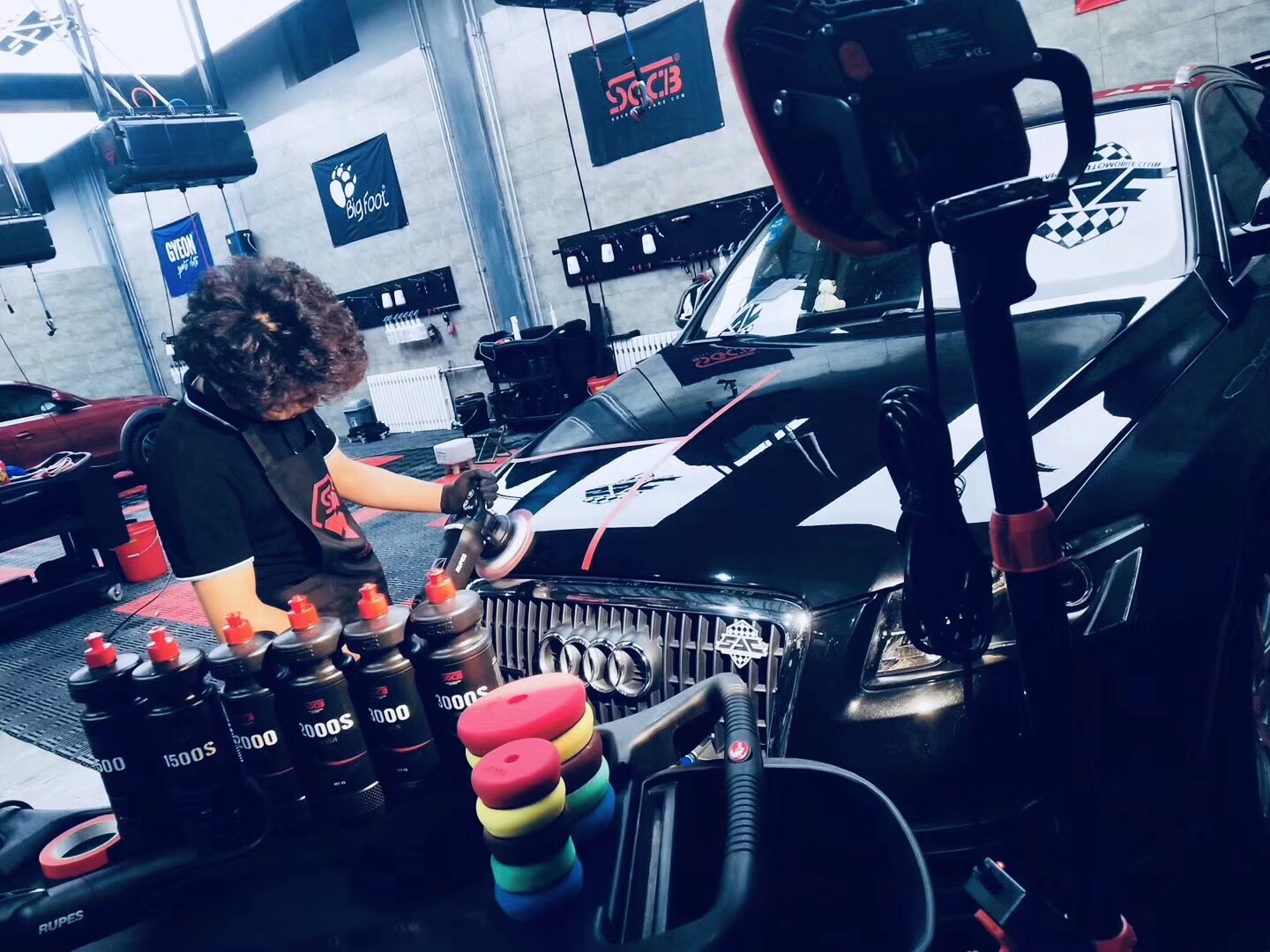
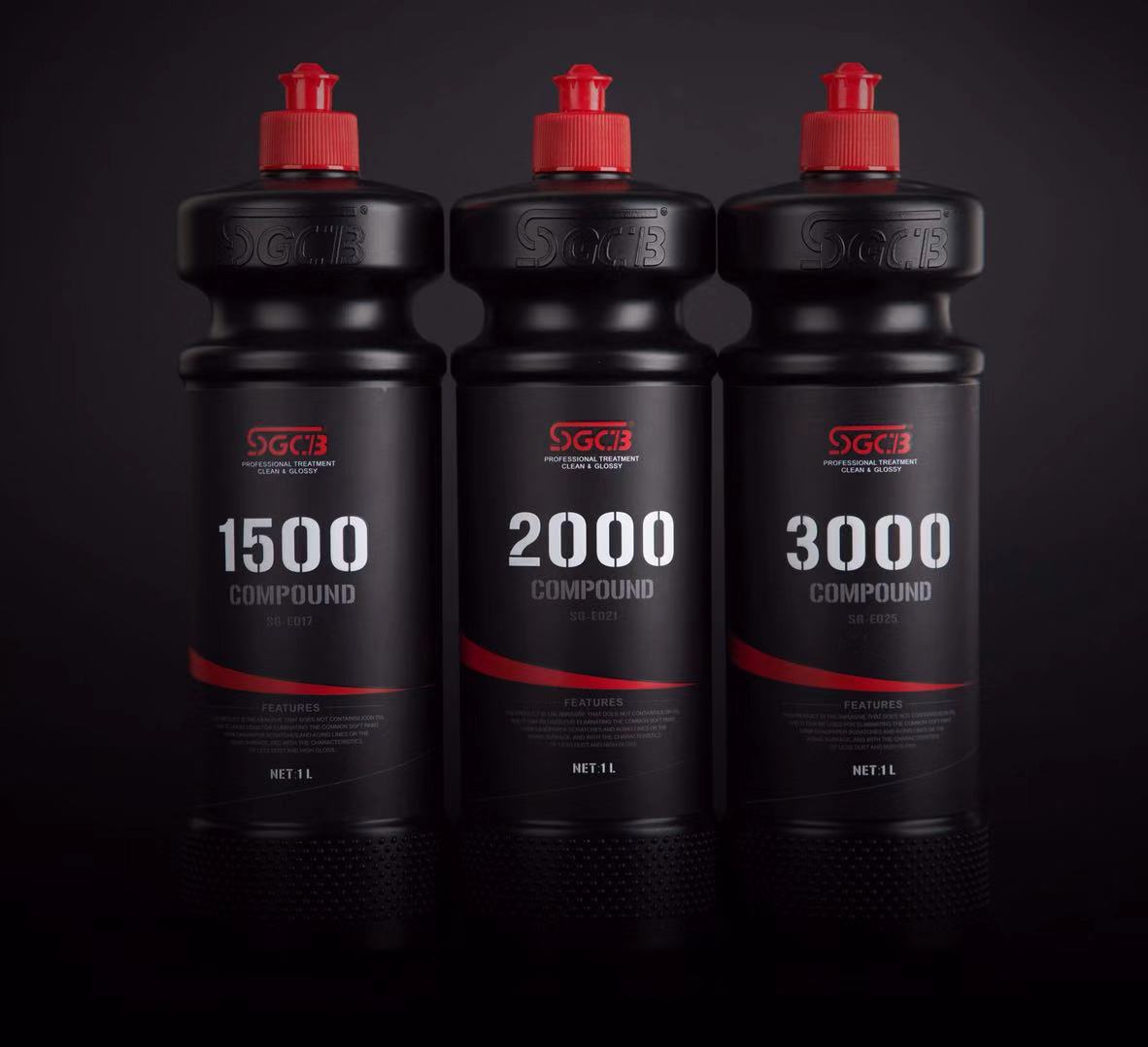
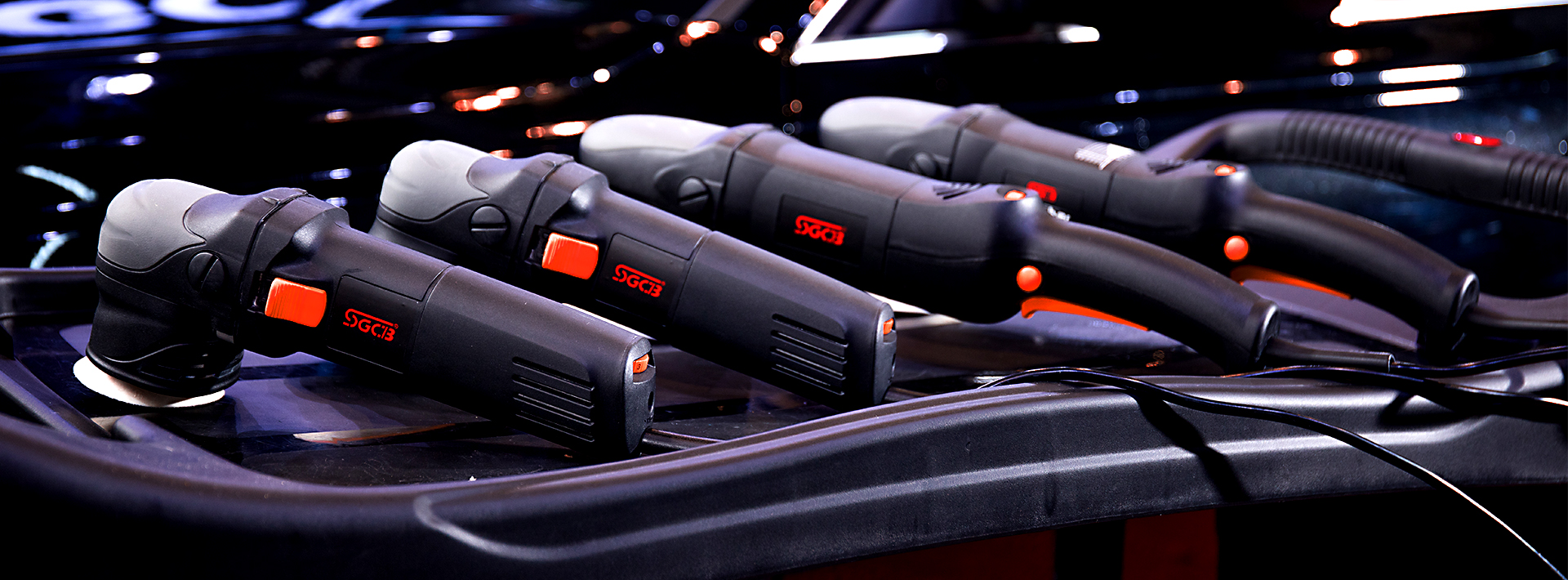
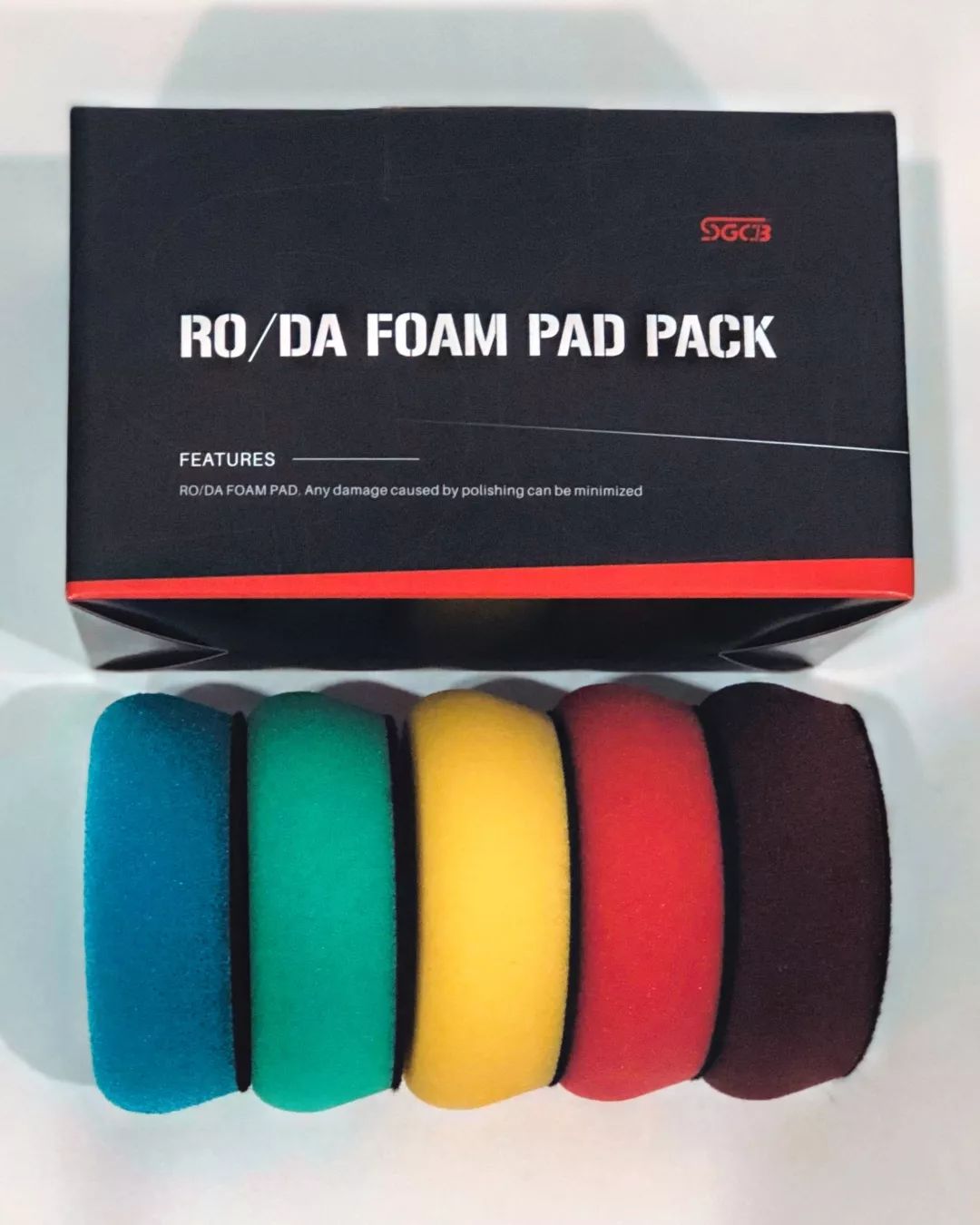
Sure,during polishing, here should be used led Work Light to look for scratches:
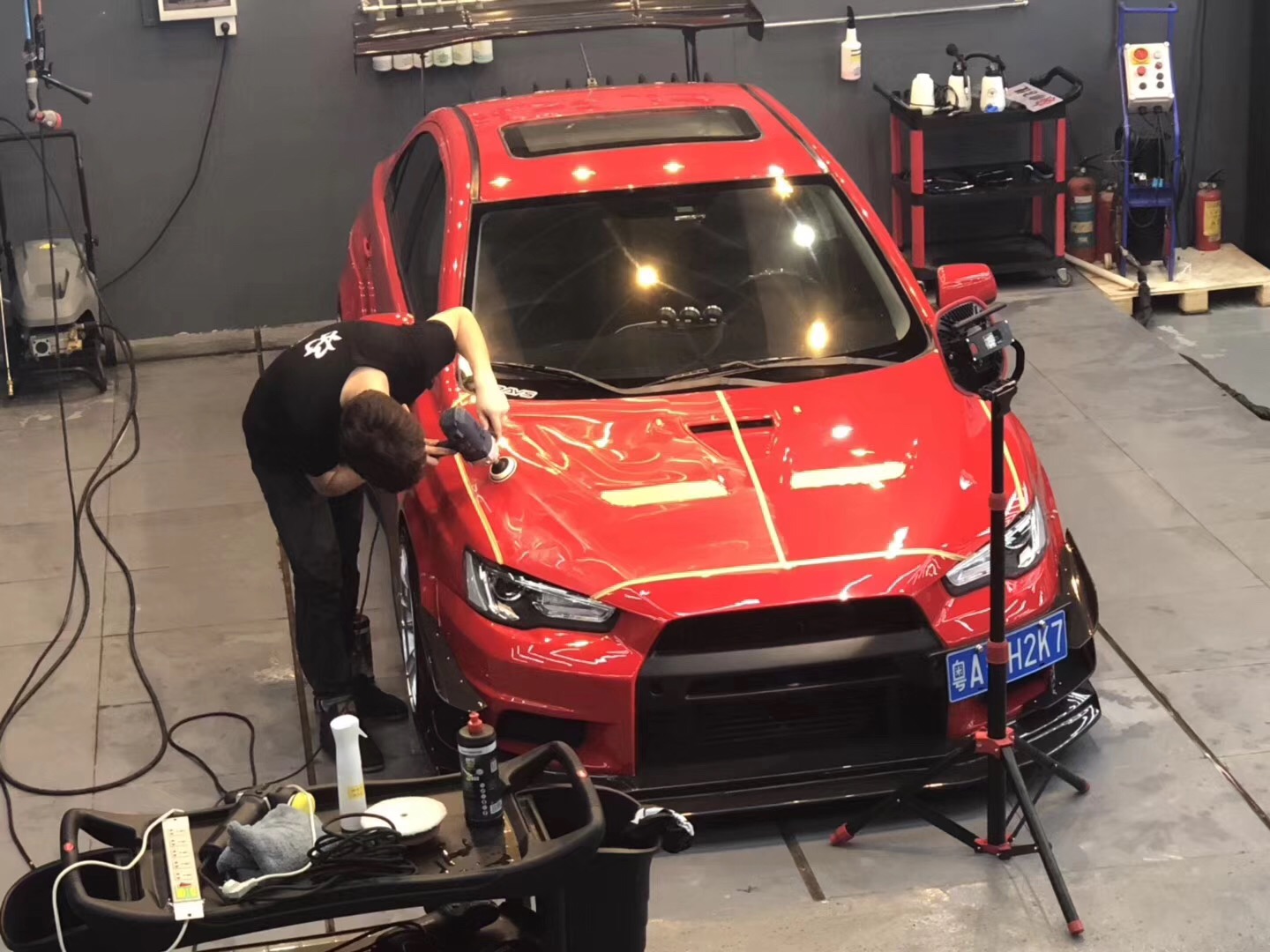
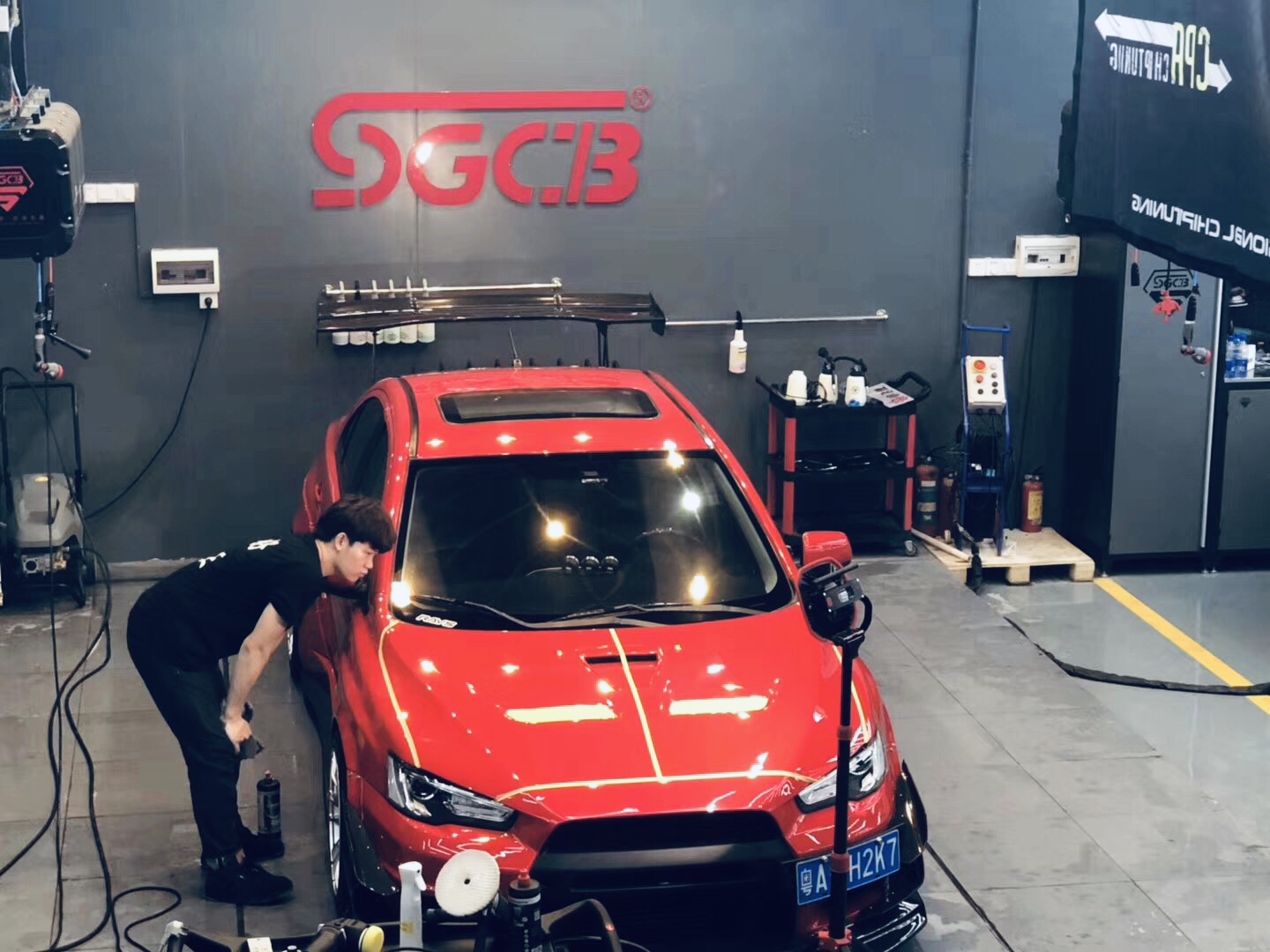
If you wanna know more about it. Pls do feel free to contact with us !
Car Polishing Tools,Polishing Compound,Car Paint Compound, Paint Correction,Car Detailing Supplies, Car Polish Compound,Car Polish,Dallas Paint Correction
SGCB COMPANY LIMITED , https://www.sgcbautocare.com
